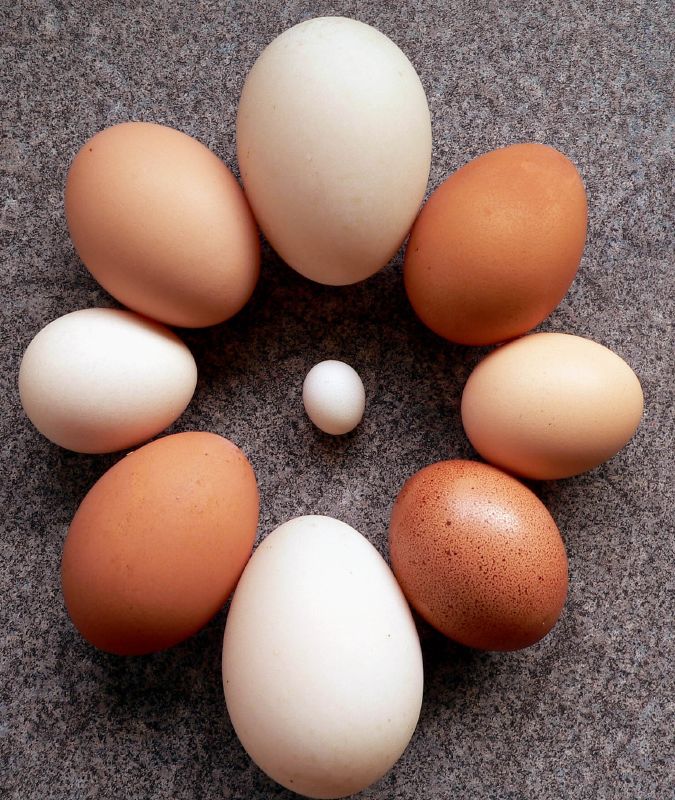In this March issue of Alluvium, our articles draw together a variety of scholars at varying stages of their academic careers. Breaking down elements of contemporary cinema and literature, this issue addresses topics of feminism, colonialism and metafiction, terrorism, and implicit rape across a selection of texts and cinema. This month’s collection of articles is a celebration of the contemporary, and an insight into the future of literature and media studies.
View More Alluvium Editorial Issue 9.2Tag: contemporary literature
Alluvium Editorial 8.2: Locating the Centre in Contemporary Literature
This special issue of Alluvium takes as its subject contemporary literature’s relationship with the political centre. The editors remind us that there is more than one answer to this question. Indeed, locating this ideological ground is in part so difficult because of the constantly shifting discursive environment concerning centrism, and its relationship with both the left and the right.
View More Alluvium Editorial 8.2: Locating the Centre in Contemporary LiteratureNow “The Fact That” Then
This article examines the dissolution of the centre as a fecund literary frame of reference. Lucy Ellmann’s “Ducks, Newburyport” (2019) is a novel that is written on the precipice of crisis. It is an experimental novel of (mostly) one sentence that documents a contemporary crisis of distraction so engrossing that we do not have time to acknowledge its magnitude.
View More Now “The Fact That” ThenCfP Alluvium 7.6: Contemporary Storytelling and Seriality
Alluvium is an open access journal featuring short essays of around 2000 words on key issues and emerging trends in 21st century writing and criticism. The…
View More CfP Alluvium 7.6: Contemporary Storytelling and SerialityCaring about things in Siri Hustvedt’s The Blindfold
What does it mean to care about things? The Blindfold, Siri Hustvedt’s first novel, dangles this question in a series of set-pieces, moments of glimpsing into the weirdness of the everyday, the objects that fill it and the ways in which these objects are, might, should or shouldn’t be handled. The Blindfold’s objects are animate or border on animation…
View More Caring about things in Siri Hustvedt’s The BlindfoldDuration Without Breaks: Marclay and McQueen Against the Clock
‘There is a bitter and dark struggle around time and the use of time’. Thus wrote Henri Lefebvre and Catherine Régulier in an 1985 article later collected in Lefebvre’s final set of essays, Rhythmanalysis, posthumously published in 1992 (Lefebvre 83). As if the day is not long enough for all our repetitive tasks, the …
View More Duration Without Breaks: Marclay and McQueen Against the ClockRe-imagining Bluebeard’s Wives: Helen Oyeyemi’s Mr Fox
In a Granta Magazine interview with Ted Hodgkinson, Helen Oyeyemi talks about re-writing the endings of canonical texts to suit her own reading of the novel in question. Writing in the margins of library books, Oyeyemi ‘would cross out endings that I didn’t like and I would rewrite them […] I would order everything to …
View More Re-imagining Bluebeard’s Wives: Helen Oyeyemi’s Mr FoxSiri Hustvedt’s The Blazing World: Does Art Have a Gender Identity?
In her most recent novel The Blazing World (2014), Siri Hustvedt raises the problem of sex biases in the art world. One of the central premises of the book is that works of art executed by women are rated significantly lower than the same piece by a man. “Does art really have a gender identity”, asks Hustvedt …
View More Siri Hustvedt’s The Blazing World: Does Art Have a Gender Identity?Towards a Taxonomy of Edgelands Literature
Susan Sontag, in her 1969 work Styles of Radical Will, claimed that ‘there is no such thing as empty space. As long as a human eye is looking there is always something to see’ (10) – foreseeing with the simplicity of her statement a watershed moment in literary and cultural criticism, the spatial turn, the effects of which are still being comprehended and incorporated into the …
View More Towards a Taxonomy of Edgelands LiteratureEditorial – Global Conflict
Contemporary fiction about global conflict is often concerned with an imaginative collapsing of space. Putting emotional affect to instrumental use, it works to raise awareness about events that go untold by the world’s media, either challenging conventional understandings of…
View More Editorial – Global Conflict









